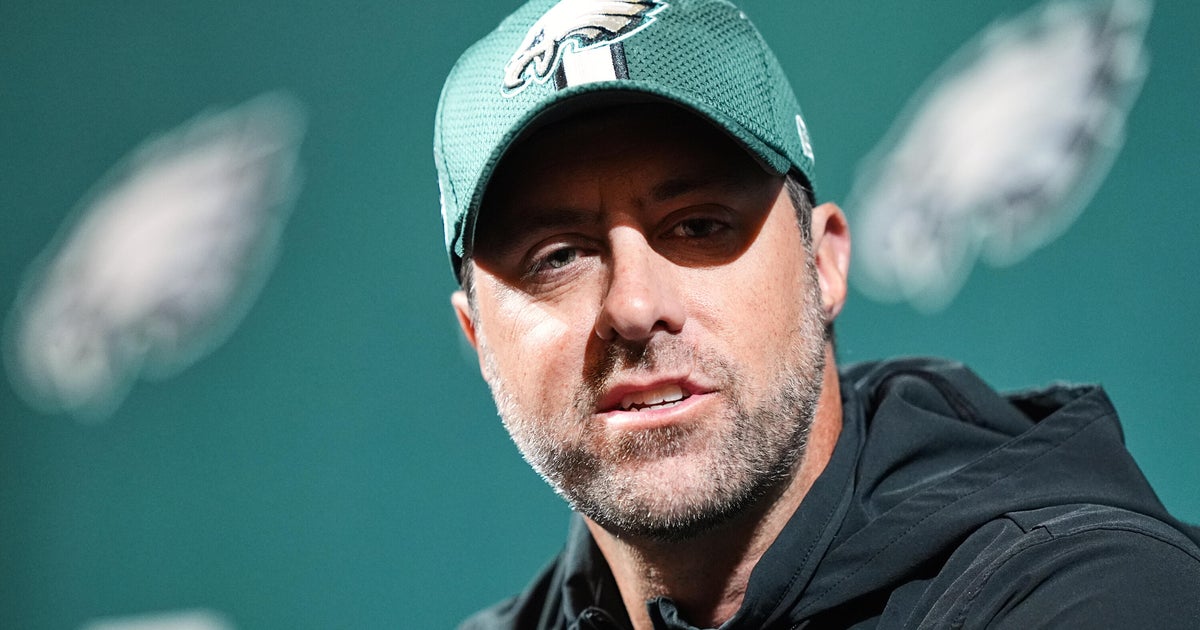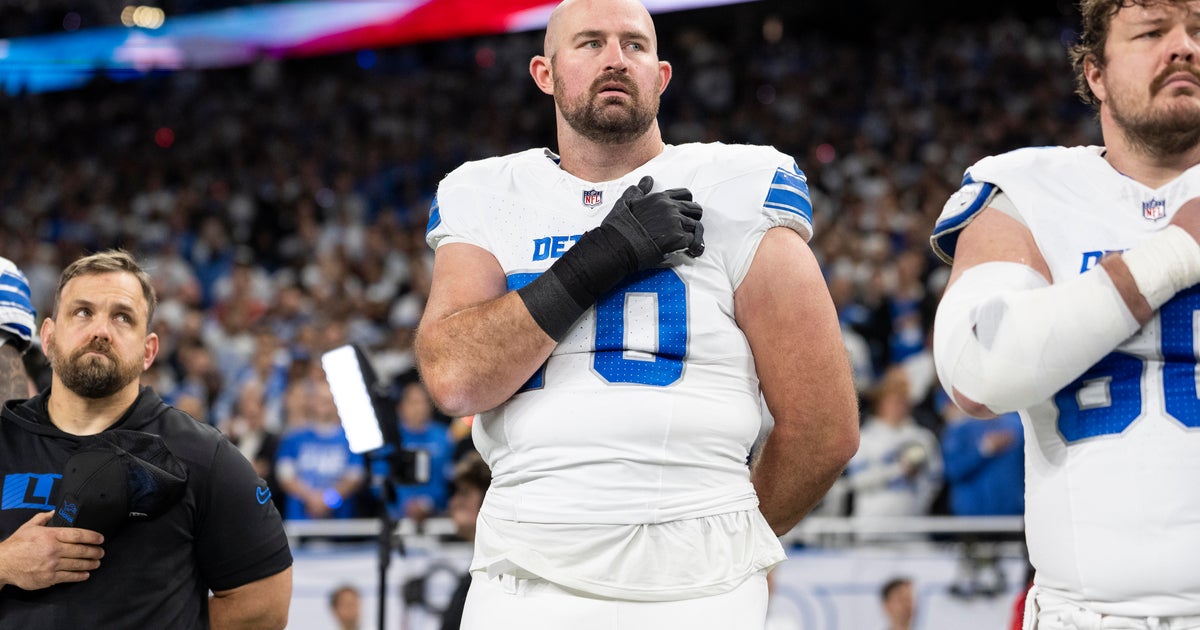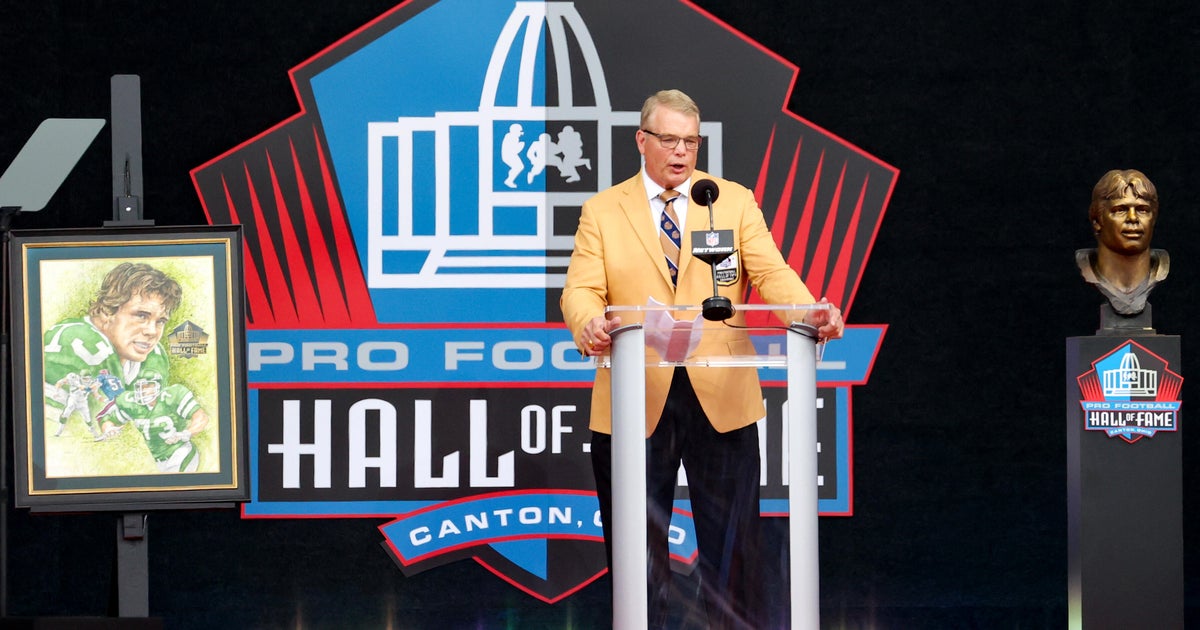Urban Meyer Steps Down At Ohio State, Leaves Complicated Legacy
Ryan Mayer
Ohio State University head football coach Urban Meyer announced in a press conference on Tuesday afternoon that he will be stepping down from his head coach position following the team's appearance in the Rose Bowl against Washington on New Year's Day. Offensive coordinator, Ryan Day, will step in and become the team's next head coach after serving in an interim capacity at the beginning of this season.
In his retirement press conference, the 54-year-old Meyer alluded to the health issues that he has been working through as a main factor in the decision, along with Day's readiness to take over.
"I have had to deal with headaches for many years but it came to a head in 2014 and again last year and this year," said Meyer at the press conference. "More specifically, against Penn State last year it hit real hard, and our great medical staff helped me deal with it and I was taking medicine. That's when the conversations first began about future outlook."
Meyer has been dealing with the effects of a brain cyst for the past several years, but it became more public this year with a memorable image of Meyer down on one knee holding his head in pain during a game. The health issues are undeniable, and, on a personal level, college football fans everywhere wish Meyer the best in resolving those issues moving forward.
Now that he has stepped down, the conversation will begin to focus on what Meyer accomplished in his seven years at the university, and, assuming that he is done coaching for good, what he accomplished over the course of his career. The success on the field is unimpeachable. Meyer compiled a 186-32 record across 17 seasons as a head coach at Bowling Green, Utah, Florida and Ohio State, while winning three national championships and appearing in 11 bowl games. He is seen as a guiding hand in ushering in the more spread-heavy wide open style of football that we see at the college level and trickling up to the pros today. The list of athletes he has ushered on to the NFL is lengthy.
However, for all of the on-field success, there has been plenty of off-the-field drama that deserves just as much attention. At this point, everyone knows what happened this year at Ohio State with the investigation into former wide receivers coach Zach Smith and his alleged abusive history towards his ex-wife Courtney. While the investigation left Meyer largely free and clear (outside of the three-game suspension), there was plenty of evidence that he knew about Smith's issues dating back to his days on the staff at Florida.
Meyer's days at Florida also need to be discussed. Those Gators were dominant, wining 65 games and losing just 15 over a six-year span, but they were nearly as good at getting into trouble off the field. George Schroeder laid it out well in a USA Today piece prior to the season, when Ohio State was still deciding what to do with Meyer as a result of the Smith investigation.
"The final tally in Gainesville included more than 30 player arrests in Meyer's six seasons. It included running back Chris Rainey, who was charged with aggravated stalking of a girlfriend (he texted her: "Time to die"). Jamar Hornsby, who stole and charged up almost $3,000 on the credit card of the deceased girlfriend of a Gators teammate. Ronnie Wilson, who was charged with aggravated assault after an altercation in which he fired a rifle (he was kicked off the team for a year and then reinstated).
Meanwhile, if Tim Tebow was the poster child for Florida football, his opposite was Aaron Hernandez, the talented but troubled tight end who was later convicted of murder after playing for the NFL's New England Patriots. While at Florida, Hernandez was a suspect in a 2007 shooting in Gainesville which remains unsolved. He was investigated but not charged for felony battery."
Schroeder went on to note that outside of the definitive incidents mentioned in police reports, there were also allegations that Meyer had separate rules for star players that included overlooking the core values he preaches: Decisions, Honesty, Treating Women with Respect, No Drugs, No Stealing Weapons. Those core values are written on the wall in Ohio State's athletics building, and date back to his time at Florida. Yet, judging by the history, multiple players over the years violated those values and faced few to no consequences and remained on the team.
This should all serve as a reminder that any discussion of Meyer's career in the coming days, weeks, months and years should include the areas in which he came up short as a coach and leader of young men, regardless of the glitz and glamour of on-field success.
The sports world tends to look back on its history with rose-colored glasses, seeing halcyon days of gridiron glory. That's because discussing the other elements isn't as clean and easy. Still, that discussion, while nuanced and difficult, is necessary to assess Meyer's career. That doesn't mean it has to be the main feature, all-encompassing and overshadowing what he has done on the field. But, as with anyone, Meyer is human and humans are complicated creatures. A full view, warts and all, is the only way to properly assess his coaching legacy.







